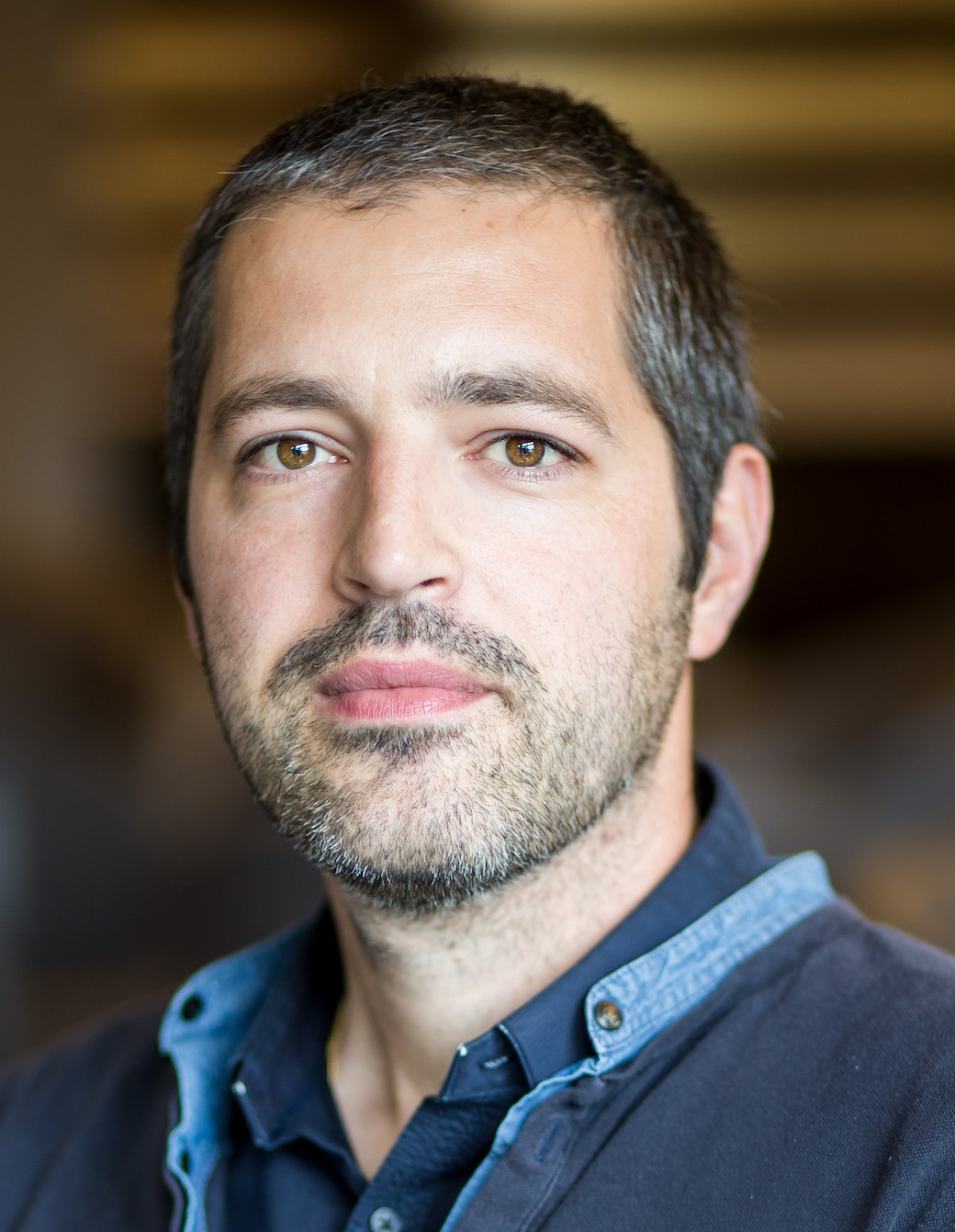Keynote speakers


Iva Gumnishka

Red Teaming: Trustworthy AI through diverse human testing

Sevil Şen
AI versus AI: The Relentless Cyber Security Arms Race
In the ever-evolving realm of cyber security, attackers and defenders are locked in a relentless arms race. Attackers continuously seek new vulnerabilities, devise innovative attack methods, and find ways to bypass security solutions. In response, defenders continuously update their systems, enhance their attack databases with new signatures, and retrain their AI-based systems. This cyclical battle is perpetual and intensifies with the integration of AI, making it increasingly brutal.
Today, AI empowers defenders, with numerous security solutions leveraging AI to stay ahead of threats. However, the very near future promises a significant increase in the use of AI by attackers, enabling them to automate and scale their malicious activities. In this talk, I will provide an overview of the current use of AI by both attackers and defenders, focusing on malware analysis and detection. I will discuss the current challenges, issues, and potential directions in this ongoing AI-driven cyber security battle.
Paolo Rosso
Provisional title of Paolo Rosso’s talk: Beyond fake news in disinformation detection: analysis of narratives of conspiracy theories

Beyond fake news in disinformation detection: analysis of narratives of conspiracy theories
